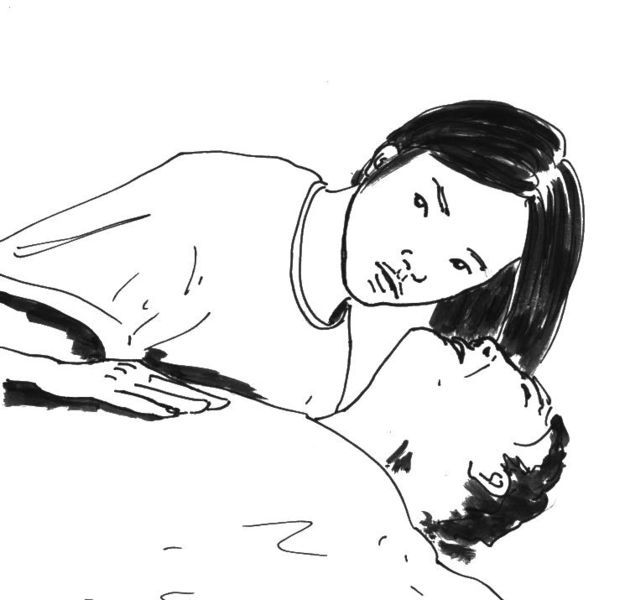
Heyman Center for the Humanities, Common Room,
Arden Hegele, Heidi Hausse, Carmel Raz, Lan Li
The Society of Fellows and Heyman Center for the Humanities
Center for Science and Society
The Institute for Comparative Literature and Society
Explorations in the Medical Humanities
Speaker: Alisha Rankin (Tufts)
Discussant: Kavita Sivaramakrishnan (Columbia)
Chair: Heidi Hausse (Columbia)
This talk contrasts the drug testing methods of two sixteenth-centuryal chemical empirics. Andreas Berthold validated his Paracelsian poison antidote (also deemed a cure-all) by letting learned physicians conduct poison trials at German courts, in which test subjects (severaldogs and a convict) took poison, followed by the antidote. Georg Amwald, in contrast, scoffed at this method and instead included patient testimonial letters as evidence of the efficacy of his panacea poison antidote – a method also used by earlier alchemists such as Leonardo Fioravanti but derided by physicians. These cases elucidate the tricky problem of proof and evidence in early modern drug testing.While poison trials were used at princely courts all over Europe and appeared to give a definitive answer, they could also be dismissed as singular tricks. Testimonial letters, meanwhile, had perceived problems of trustworthiness. I argue that the boundaries of proof were contested and depended largely on the professional designation of the tester.
***
As a set of disciplines, the humanities face the challenge of how to write about embodied experiences that resist easy verbal categorization such as illness, pain, and healing. The recent emergence of interdisciplinary frameworks such as narrative medicine has offered a set of methodological approaches to address these challenges. Yet conceptualizing a field of medical humanities also offers a broader umbrella under which to study the influence of medico-scientific ideas and practices on society. Whether by incorporating material culture such as medical artefacts, performing symptomatic readings of poems and novels, or excavating the implicit medical assumptions underlying auditory cultures, the approaches that emerge from a historiographical or interpretive framework are different from those coming from the physician’s black bag.
This lecture series will explore the enigma of how what we write relates back to the experience of bodies in different stages of health and disease. Our speakers will explore how the medical humanities build on and revise earlier notions of the “medical arts.” At stake are the problems of representation and the interpretation of cultural products from the past and present through medical models.







